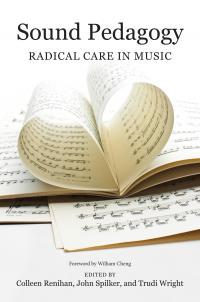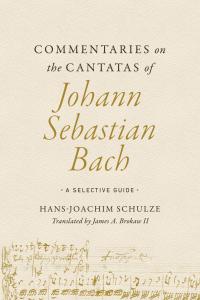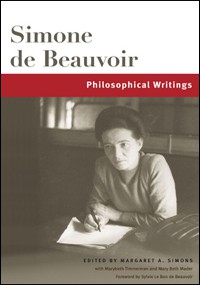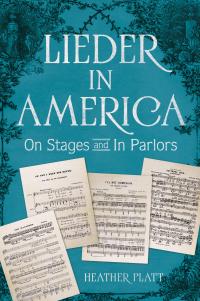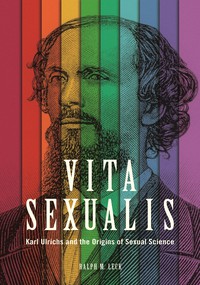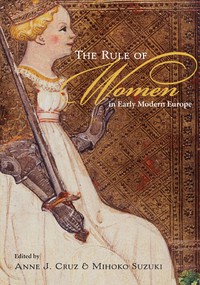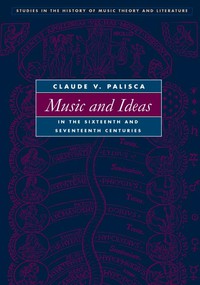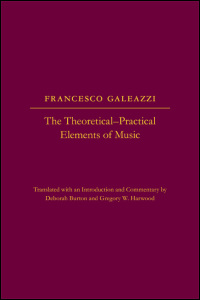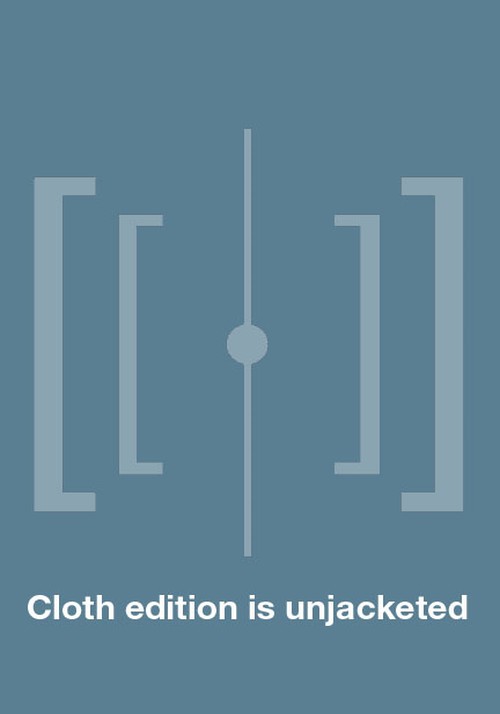
Gallus Dressler's Praecepta musicae poeticae
New scholarship on sixteenth-century composer and theorist Gallus Dressler
Cloth – $49
978-0-252-03244-8
eBook – $19.95
978-0-252-05564-5
Publication Date
Cloth: 11/09/2007
About the Book
Now available for the first time in English translation, this new edition of Gallus Dressler's Praecepta musicae poeticae corrects and expands upon earlier editions of one of the most important sixteenth-century treatments of musical theory and rhetoric. Robert Forgács's detailed study of the Latin text reveals significant and original insights into the invention of fugues and the composition of opening, middle, and concluding sections. Forgács introduces the reader to Dressler's life and work and the design and sources of Praecepta musicae poeticae, places the treatise more fully in its humanist environment, presents additional classical sources for the text, and relates it to the work of Dressler's contemporary music theorists. Copious annotations and indexes of words, names, and subjects place the treatise within the broader context of German theoretical discussion, the teaching and practice of music in the sixteenth century, and the musical life of the Lutheran Church.About the Author
Robert Forgács is a lecturer at the University of Sydney, Centre for Continuing Education. His professional experience includes work as a translator of German and Latin musicological documents for both the University of Sydney and the University of New South Wales.Reviews
"Forgacs skillfully deciphers numerous puzzles unsolved by previous scholars. . . . A solid addition to the available scholarship on Renaissance music theory. Forgacs's careful analysis and expert interpretation of Dressler's text deserve enthusiastic praise."--Renaissance Quarterly“Dressler holds our attention because he embodies the later 16th century’s newly found interest in theorizing what makes good and bad composition, as well as correct and incorrect. . . . Essential reading for anyone interested in 16th-century theory.”--Early Music
Blurbs
"Forgács's description of the Dressler manuscript is excellent. The argument for the evidence of four hands is quite convincing, as is his suggestion that one hand is Dressler's. This edition also corrects many of Trachier's readings and deciphers more of the text in some troublesome spots, while providing an extensive explanation of the relationship of Dressler's treatise with those of other theorists, especially to classical sources and the humanist tradition."--Oliver Ellsworth, professor emeritus of musicology, University of Colorado, Boulder
